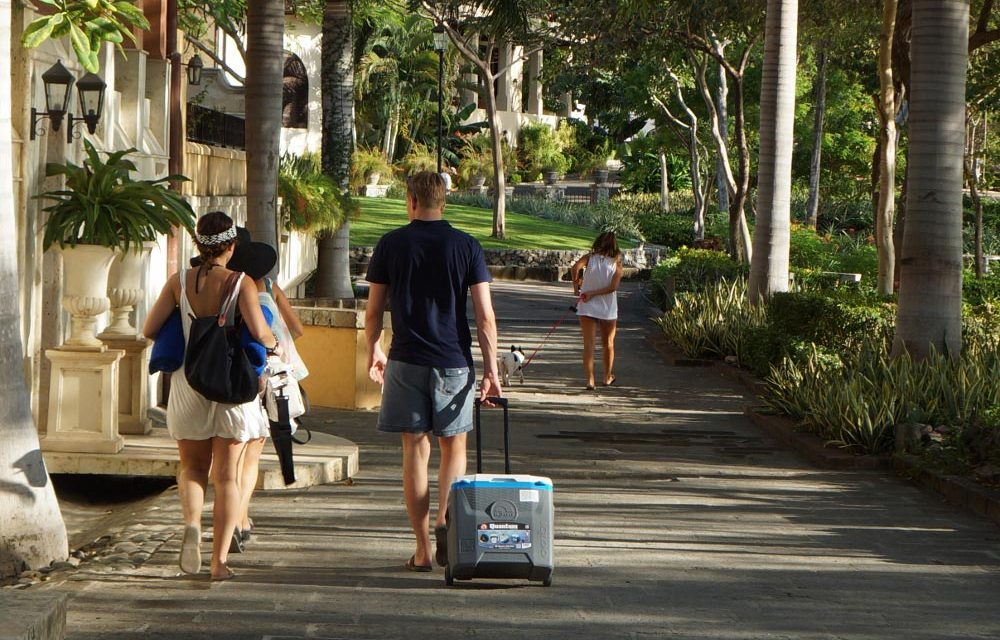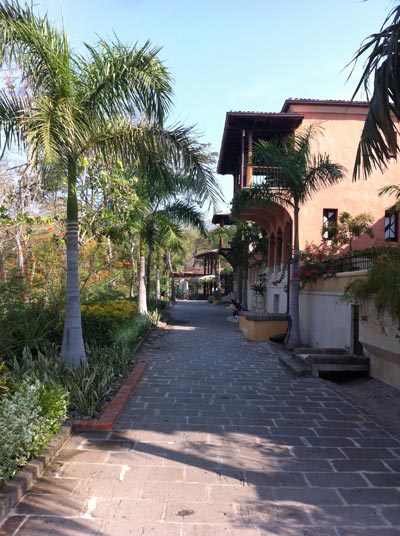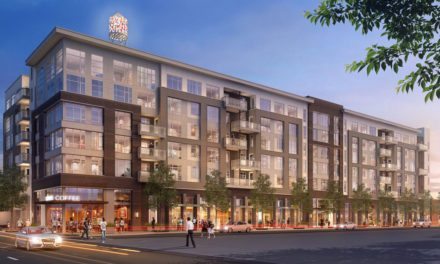Charles Brewer, founder of MindSpring, and Bill Tunnell, community planner and New Urbanist, are two Atlanta men who have built their careers on designing places and processes for human connection and interaction. Brewer built an enormously successful business that connected its customers to the internet. Tunnell and his team at TSW (www.tsw-design.com), the Atlanta-based planning, architecture and landscape architecture firm he co-founded, design and master plan walkable, mixed-use communities that are the antithesis of sprawling suburban development. The two have spent the last decade designing and developing Las Catalinas (www.lascatalinascr.com), a coastal resort town in Costa Rica based on Mediterranean hill town precedents.
“People were surprised I went from technology development to community development, but to me, it was still all about how people connect with each other,” says Brewer.
Brewer and his investors bought 1,200 acres on Costa Rica’s Pacific coast in 2006. TSW created a Master Plan calling for a tight-knit, architecturally rich series of beach and hill neighborhoods that hug the contours of the land. The community has everything you’d expect from a resort: spacious homes, breathtaking views, hiking and bicycle trails, shops and restaurants and a beach club, but something is missing — automobiles. The streets of Las Catalinas have been purposely designed to be car-free.
It’s a bold move, but one that has been embraced by visitors and residents. “Getting people out of their cars and into the streets on foot or bicycles completely changes the social dynamic of the town,” says Brewer. “Children have the freedom to play and explore, because we’ve eliminated the danger of someone getting hit by a car. Neighbors interact as they make short trips to the café or the beach. No cars means reduced noise, fewer emissions, and less wear-and-tear on the streets.”
The compact urbanism of Las Catalinas challenges conventional ideas of what a community should be. “We need to anticipate the future and develop communities now for fewer cars and less parking, with more emphasis on transit, bicycle lanes and walking paths,” says Tunnell. “The success of Uber and other ride-sharing platforms, and the rapidly approaching advent of driverless cars will have a transformational impact on how we design communities. And yet, we as a culture continue to create a built environment that revolves around the automobile. Las Catalinas is a glimpse at the possibilities that lay beyond that way of thinking.”
“There was some initial resistance to eliminating cars at Las Catalinas, but now I think everyone who lives or visits the town sees the overwhelming benefits,” says Brewer. “This is a topic that surely will become mainstream as driverless cars that can be summoned on an as-needed basis proliferate. I think technology like this, combined with neighborhoods built to make the most of it, will change how we live even more than the internet did.”






